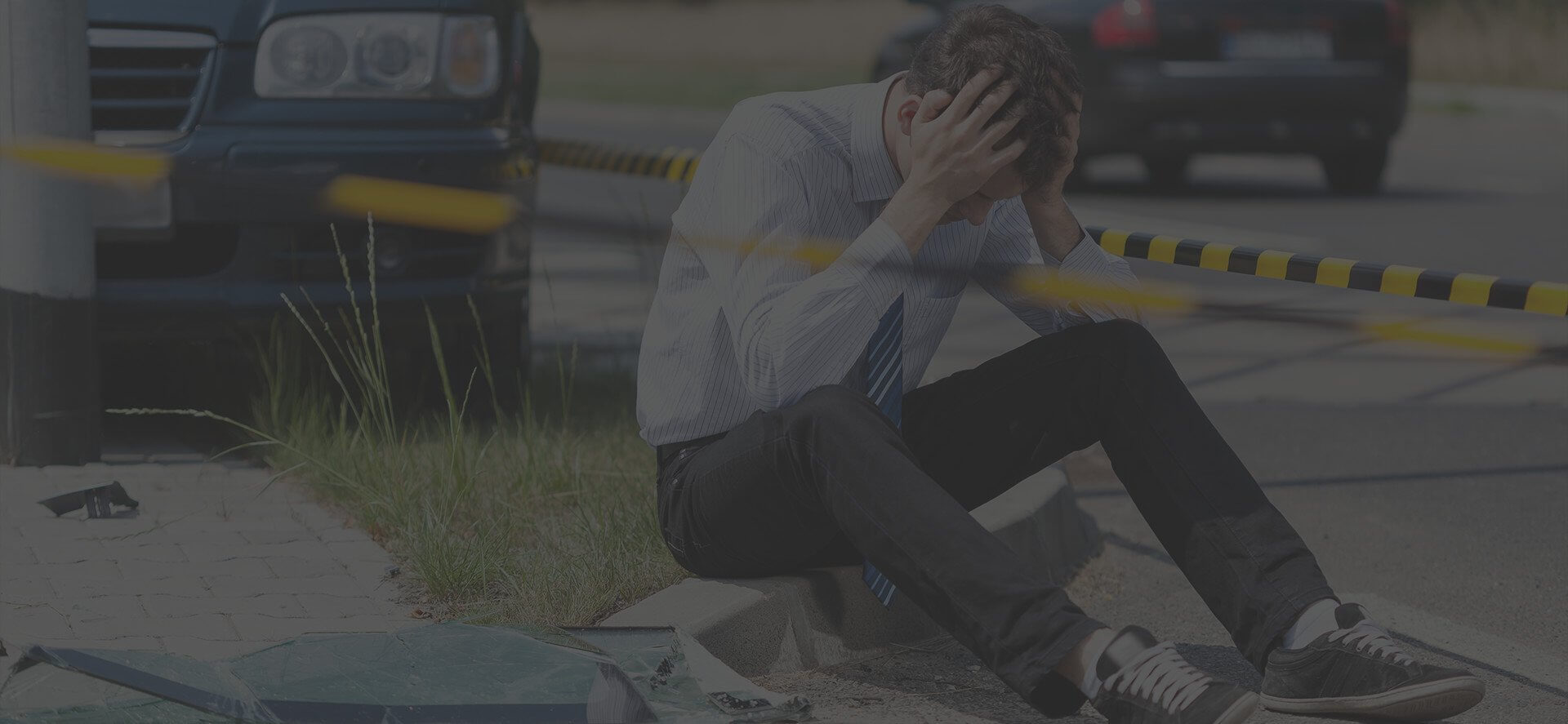
MEET OUR ATTORNEYS
SPEEDING COLLISIONS
Car Accident Lawyers in Coral Springs
Many of the accidents on highways in South Florida are the result of motorists driving at unsafe speeds. Although posted limits set the maximum speed at which drivers should travel, there are also situations in which the weather, traffic patterns, or road conditions make it unsafe to travel at the posted limit. The injuries that result from these collisions may be particularly devastating or even fatal because of the high impact involved. At the Law Offices of Adam Baron, our Coral Springs car accident attorneys have helped many victims in South Florida assert their rights against a speeding driver who harmed them.
Bringing a Negligence Claim against a Speeding Driver
If you have been injured in a speeding-related crash, you may be able to bring a negligence claim to pursue compensation for your harm. A negligence claim has four separate steps that the plaintiff must satisfy by a preponderance of the evidence. Under this relatively modest burden of proof, the plaintiff’s version of events must be more likely than not to be true.
The first step in a negligence claim involves proving that the defendant owed the plaintiff a duty of care. This is usually defined in the context of driving as taking the precautions that a reasonable person would take in a similar situation. Excessive speeding probably would violate, or breach, this duty because a reasonable person would refrain from engaging in this risky behavior. The second step consists of identifying the defendant’s breach, such as a speed violation. In many instances, a police report or evidence of skid marks at the site may be helpful.
After proving duty and breach, the plaintiff must demonstrate how the accident resulted from the defendant’s excessive speeding. In other words, he or she must show that the harm likely would not have occurred if the defendant had complied with applicable traffic rules and used reasonable care. Under the comparative fault rule, a defendant may attempt to show that the plaintiff also acted negligently at the time of the accident. If this argument is successful, the plaintiff’s damages award will be reduced by the percentage of fault that the jury assigns to the plaintiff. However, the Florida system of pure comparative fault does not bar a victim from recovering any damages unless he or she was completely responsible for causing the accident.
Damages in car crash cases may account for both objective and subjective forms of harm. A victim often will seek compensation for lost income and earning capacity, the costs of past and future medical treatment, property damage to a vehicle, pain and suffering, and any scarring or disfigurement that resulted.


